Empower your daily routine with self-defense products that become an extension of your peace of mind. Choosing the best self-defense gear isn't about intimidation—it's about reclaiming control and embracing a proactive approach to safety. Select tools tailored to your unique needs, from personal protection products that blend discreet power with effectiveness, ensuring swift reaction times without causing panic. With effective self-defense equipment, every space becomes a fortress where you can fully embrace life's moments, safe and secure. Unlock a sense of security that comes from being truly ready—make the informed choice today.
“Feel empowered and take control of your safety with the right self-defense products. In today’s world, being prepared is a proactive step towards peace of mind. Imagine walking with confidence, knowing you’re equipped with tools that can enhance your personal protection. This guide will help you navigate the market for self-defense gear, ensuring you make informed choices that suit your needs. Discover innovative personal protection products designed to safeguard your well-being and transform your sense of security.”
- Empower Your Safety: Discover the Best Self-Defense Gear for Peace of Mind
- Navigating Self-Defense Products: Choose Tools That Work for You
- Innovative Personal Protection Products: Safeguarding Your Well-being
- Transform Your Security: Effective Defense Equipment for Confidence and Peace
- Choosing Self-Defense Tools Wisely: Embrace a Proactive Approach to Safety
Empower Your Safety: Discover the Best Self-Defense Gear for Peace of Mind
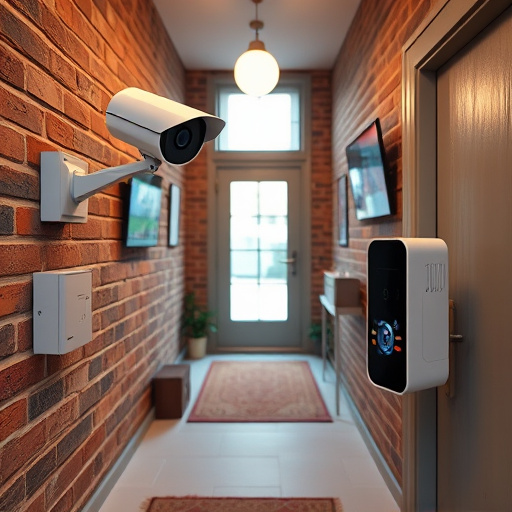
Empowering your safety should never be an afterthought. As you navigate your daily routine, whether at home or on the go, having the right self-defense products can provide a sense of security and peace of mind. But with numerous options available, choosing effective self-defense tools can feel overwhelming. Start by considering your unique needs and environment. For homeowners, a robust door lock system and alarm might be sufficient, while renters may prefer a personal stun gun or pepper spray for added protection during unexpected situations.
When selecting self-defense products, focus on quality over quantity. Opt for well-designed, reliable gear that aligns with your training and comfort level. Effective self-defense equipment is not just about physical tools; it’s also about education and practice. Learn basic self-defense techniques to maximize the potential of your chosen defense tools. Remember, the goal is not just to have a product but to be prepared, confident, and capable of safeguarding yourself when needed. Prioritize safety without compromising your comfort or lifestyle.
Navigating Self-Defense Products: Choose Tools That Work for You
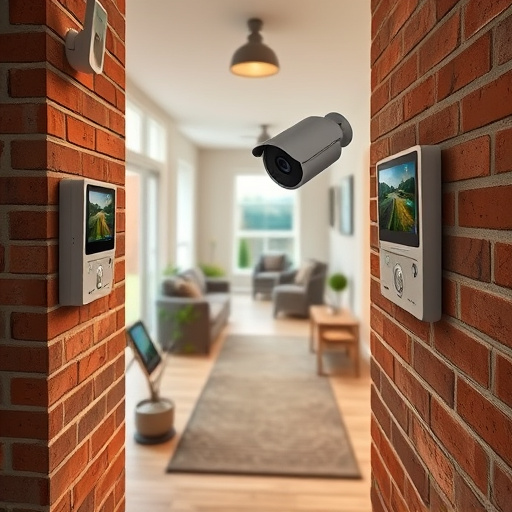
Navigating the world of self-defense products can seem overwhelming, but understanding your options is key to ensuring your personal safety. Imagine walking through a well-lit, peaceful neighborhood at night, knowing you have the right tools to protect yourself and your loved ones if needed. This sense of security is within reach when you make informed decisions about your personal protection gear.
When selecting self-defense products, consider factors like your lifestyle, home environment, and specific concerns. For homeowners, a sturdy door lock or an advanced alarm system can be as effective as any physical tool. Renters might opt for portable, discreet self-defense devices designed for easy carrying. Whichever path you choose, focus on tools that integrate seamlessly into your daily routine, so they’re readily available when needed. Remember, true protection comes from knowing your options and feeling prepared, not just possessing equipment.
Innovative Personal Protection Products: Safeguarding Your Well-being
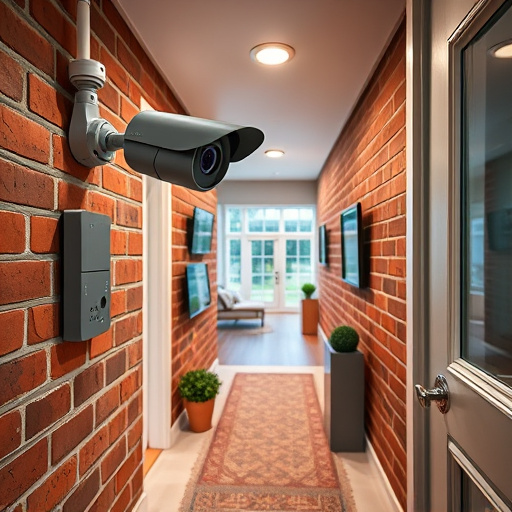
In today’s world, prioritizing personal safety is a responsible step towards securing your well-being, especially within the confines of your home or rental space. Among the array of self-defense products available, understanding how to choose effective tools can empower individuals to protect themselves confidently. This guide aims to demystify the process, helping you navigate the market for the best self-defense gear tailored to your needs. By considering factors like ease of use, reliability, and situational appropriateness, you can make informed decisions regarding personal protection products.
Visualize a scenario where a simple, innovative device becomes your silent guardian, providing peace of mind as you go about your daily routines. Effective self-defense equipment need not be intimidating or complicated; it should seamlessly integrate into your lifestyle. From compact pepper spray canisters designed for easy carry to advanced stun guns with multiple settings, modern self-defense products offer a range of options. Remember, the ideal defense tool is one that you feel comfortable using, ensuring swift and effective protection when needed most.
Transform Your Security: Effective Defense Equipment for Confidence and Peace
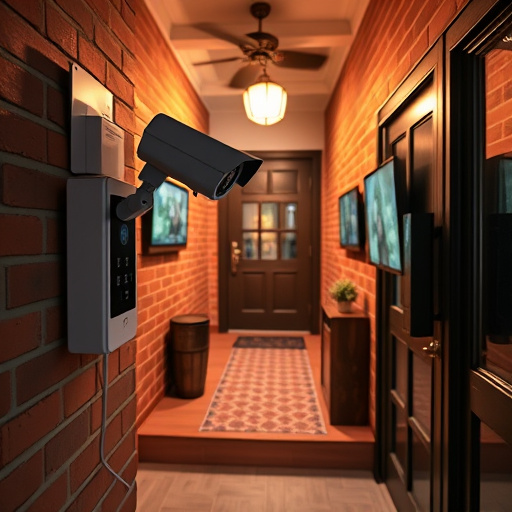
Transforming your home into a safe haven is a crucial step in securing your peace of mind. Effective self-defense products, when chosen wisely, can provide you with the confidence to protect what matters most. Understanding the importance of personal protection equipment is the first step towards empowering yourself and your loved ones. In today’s world, being prepared for unexpected situations is not just a consideration but an essential aspect of responsible home ownership or tenancy.
When navigating the market for self-defense tools, it’s essential to focus on quality and functionality. The best self-defense gear is designed to empower you without causing undue stress or panic. Look for products that offer discreet yet robust protection, such as advanced pepper spray tailored for indoor use or compact personal alarms with multiple emergency signals. These tools should be easily accessible, allowing you to react swiftly in potential threats while ensuring the safety and comfort of your surroundings. Remember, effective self-defense equipment is not just about deterrence but also about gaining time to assess a situation and make informed decisions. Choose defense tools that align with your lifestyle and environment, providing peace of mind without compromising practicality.
Choosing Self-Defense Tools Wisely: Embrace a Proactive Approach to Safety
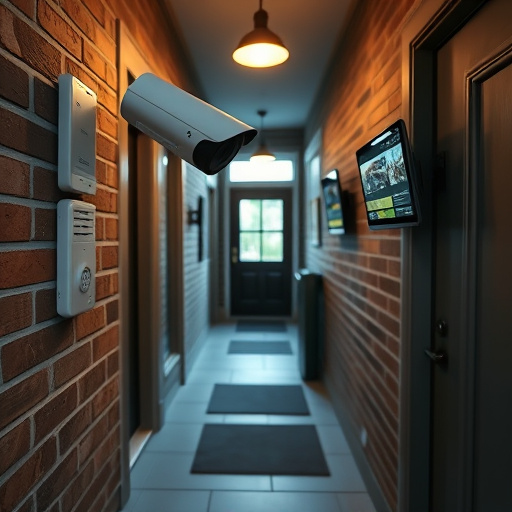
Choosing the right self-defense tools is a proactive step towards ensuring your safety and peace of mind, whether you’re at home or on the go. It’s about empowering yourself to handle potential situations with confidence, knowing you have reliable gear to fall back on. When selecting self-defense products, it’s crucial to consider factors like effectiveness, convenience, and comfort. Opt for items that are discreet yet powerful, designed to deter threats without causing undue harm. Look for durable materials and straightforward designs that require minimal training to master.
Imagine walking into your home, knowing you have the best self-defense gear stowed away, ready to protect you and your loved ones. These tools aren’t just about physical protection; they offer a sense of security and control over your environment. Whether it’s pepper spray tailored for personal protection products or a robust alarm system that doubles as effective self-defense equipment, each piece should be chosen with your specific needs in mind. Remember, the goal is to stay safe and secure, not necessarily to engage in combat. With the right selection, you can transform your space into a safer haven.
Empowering your safety should be a top priority, and selecting the right self-defense products is a crucial step towards gaining peace of mind and confidence. By choosing tools that suit your needs and lifestyle, you’re not just investing in gear; you’re embracing a proactive approach to your well-being. Whether it’s for personal protection or ensuring your family’s security, the best self-defense gear becomes an extension of your strength and resilience.
Visualize yourself navigating life’s challenges with a sense of calm and control, knowing you have the right tools at hand. With innovative personal protection products available, you can transform your security into an empowering asset. So, take the first step towards enhancing your safety by exploring these options and discovering the defense equipment that will make a real difference in your daily life.
Learn more about how to choose self-defense tools wisely and unlock the peace of mind you deserve. Your journey to empowerment starts here!






